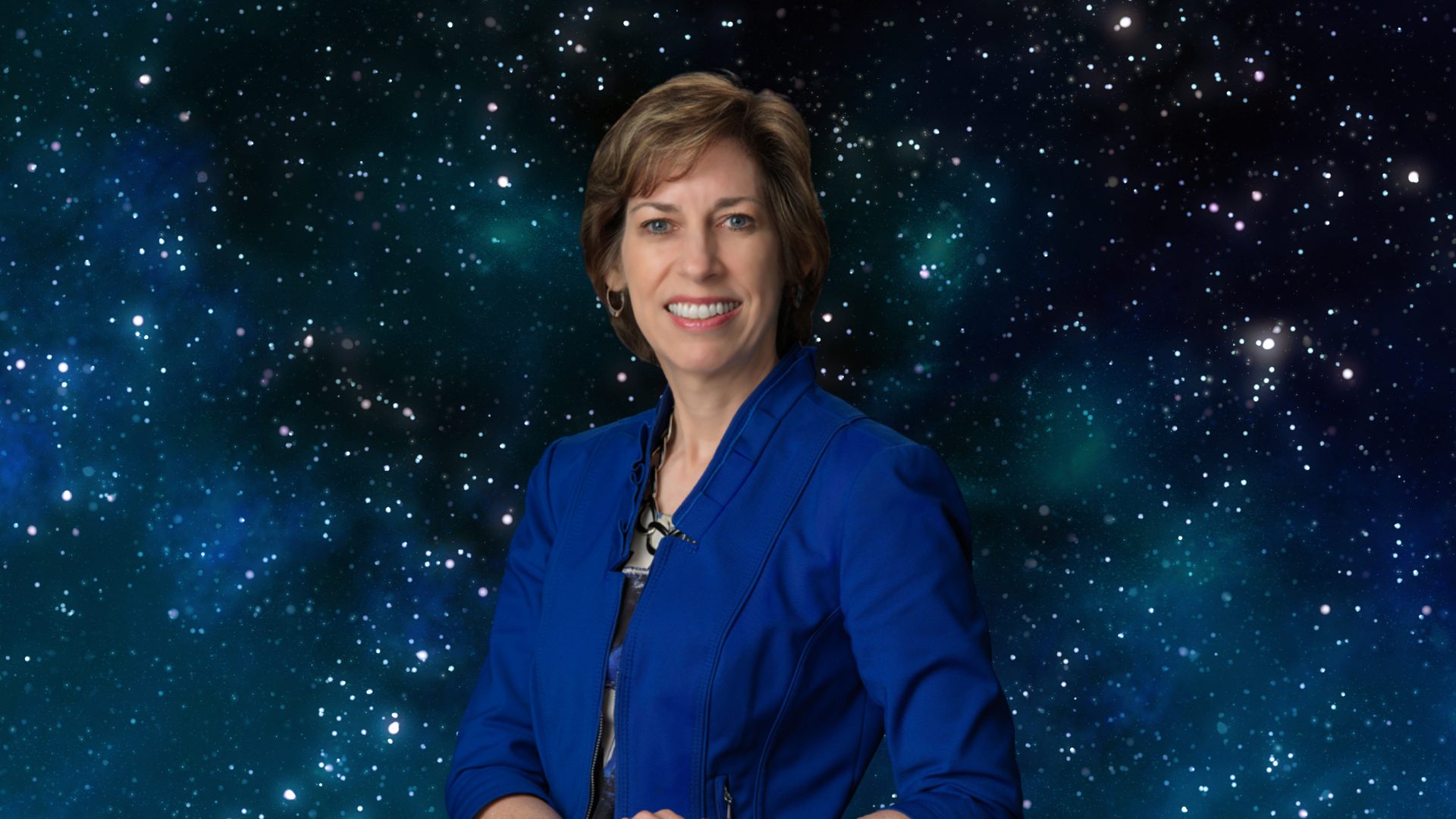Ellen Ochoa Is Out of This World
The first Hispanic woman in outer space answers questions from Lateenz and proves she is still out–of-this-world amazing!
By Lindsay López-Isa Lamken
In 1993, Ellen Ochoa became the first Hispanic woman to leave Earth on a nine-day mission aboard the space shuttle Discovery. Even before her groundbreaking flight, however, she was already an inspiration! Ms. Ochoa earned a B.S. in Physics from San Diego State University and a master’s degree and Ph.D. in electrical engineering from Stanford University. Early in her career, she was granted several patents in the areas of hybrid optical and digital image processing systems. She then joined the National Aeronautics and Space Administration (NASA) as a researcher for space-based computing systems before being accepted into the astronaut program. She has gone into space four times aboard the Discovery and Atlantis shuttles, spending a total of 41 days in space.
After retiring as an astronaut, Ms. Ochoa continued to go where no Hispanic person had ever gone before, serving as deputy director and then as director of the Johnson Space Center. The Johnson Space Center is the headquarters for NASA’s human spaceflight efforts, including astronaut trainings and spaceflight research. As if that weren’t enough, Ms. Ochoa is also a mother to two sons, a classical flautist, and has six schools in the U.S. named after her. She has received numerous awards and accolades including NASA’s Distinguished Service Medal, the Presidential Distinguish Rank Award, the Harvard Foundation Science Award, the Women in Aerospace Outstanding Achievement Award, The Hispanic Engineer Albert Baez Award for Outstanding Technical Contribution to Humanity, and the Hispanic Heritage Leadership Award.
Despite her very busy schedule, Ms. Ochoa was gracious enough to answer a few questions for Lateenz!
Lateenz: When you were in college and graduate school, did you feel like anyone treated you differently because you were a Hispanic and a woman? If so, how did you handle it?
Ellen Ochoa: I certainly didn’t fit the picture of what most people thought scientists and engineers looked like. When I went to talk with an engineering professor (as an undergrad) to find out more about the subject and department, the professor made it clear that he wasn’t at all interested in having me in his department. Fortunately, I got a much different reception from a physics professor. He was glad to hear that I was interested in physics, told me about the different careers that people could have who study physics, and then noted that he expected I would do well since I had already studied calculus, the language of physics. Not surprisingly, I decided to give physics a try and ended up majoring in it and minoring in math.
Lateenz: Among all your many (many!) accomplishments, of which are you most proud?
I supported the International Space Station program over a good part of my career, and I’m very proud of what it has become. I was initially involved just as modules were being designed and then manufactured and shortly after Russia had become the fifth space agency in the partnership. One of my tasks was to negotiate with members of the Russian Space Agency on crew issues: how to select multinational crews, where and how to train them, how to operate as a crew in orbit, what language(s) to speak, etc. Then I got to be a crew member on two assembly missions. Later I was deputy director [of NASA’s Johnson Space Center] when the final assembly missions took place, and as director, we worked hard on increasing the science and technical output while continuing to keep the astronauts and cosmonauts safe. Now, ISS has been continuously inhabited for just about 21 years, and thousands of experiments have been conducted.
Lateenz: William Shatner, the actor who played Captain Kirk in the original Star Trek television series and movies, went into space at the age of 90! If you have the chance to go into space when you are 90, do you think you will take it? Do you think that it will someday be common for the average person (a person who is not a trained astronaut) to go into space, much like air travel is available to many people now?
I would definitely consider it! It would depend on the reason for going to space — for example, could I accomplish something for science or help motivate others to study science by going? And, that presumes I would be in good health and able to perform any activities as well as emergency actions. We are already seeing the first non-professional astronauts go into space; I expect it will take some time for this to become affordable so that it will be an experience available to many others.
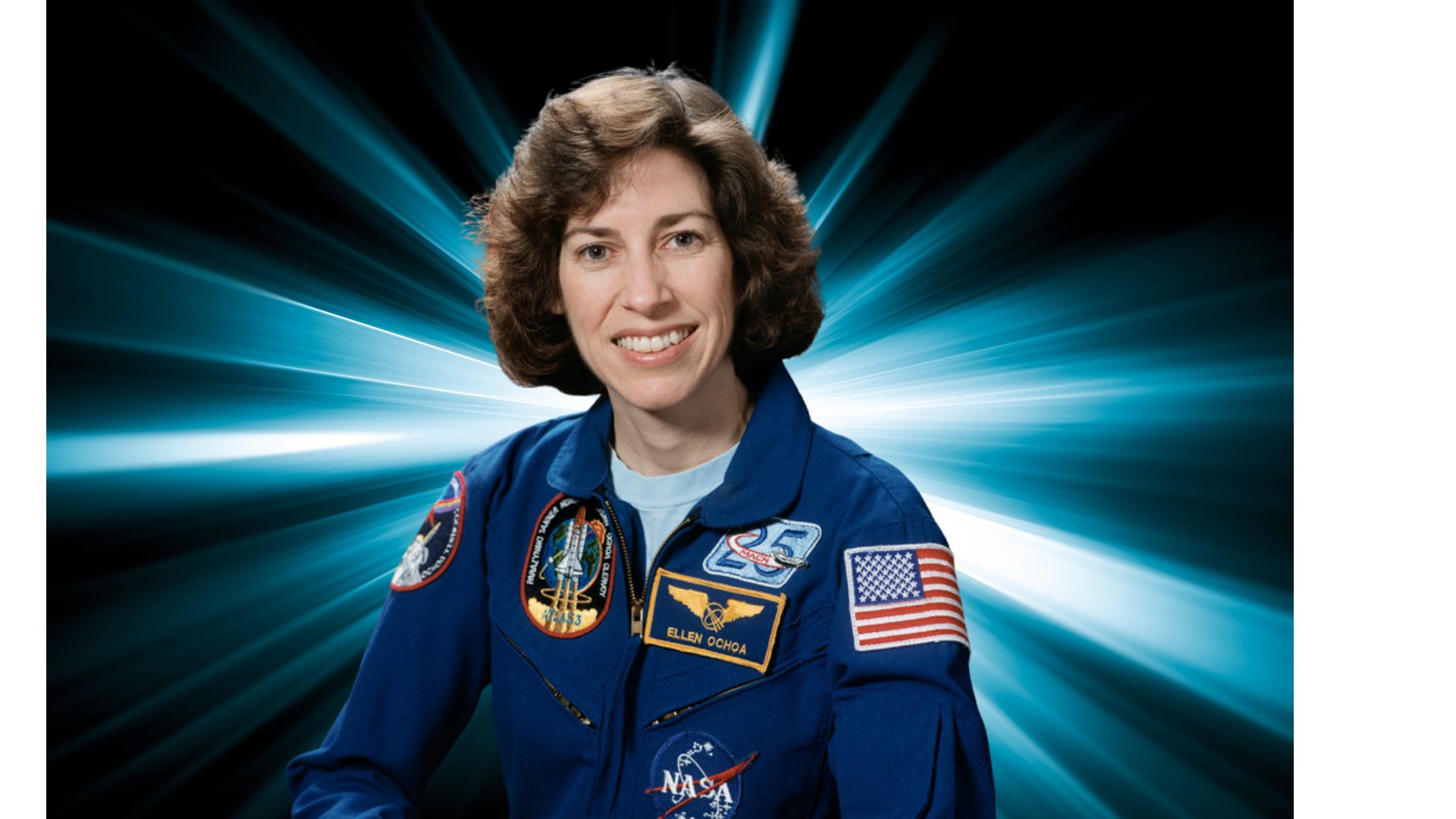
Lateenz Takeaways:
What can we learn from Ms. Ochoa’s experiences?
- Rejection is hard, but in many cases, it reveals more about the person who rejects you (that person’s biases, moods, and personality) than it does about your worth and potential. If you think you have been rejected unfairly, keep trying.
- You don’t need to have your life and career all planned out in high school! Sometimes, what we end up doing in life is a result of the people we work with and the opportunities they open up for us that we may not have known existed!
Hey – before you go – did you know that NASA offers internships for high school students? Check out our Teen Resources to see these and other internships, programs, and competitions for high school students interested in aeronautics and other STEM subjects.
Related articles
-
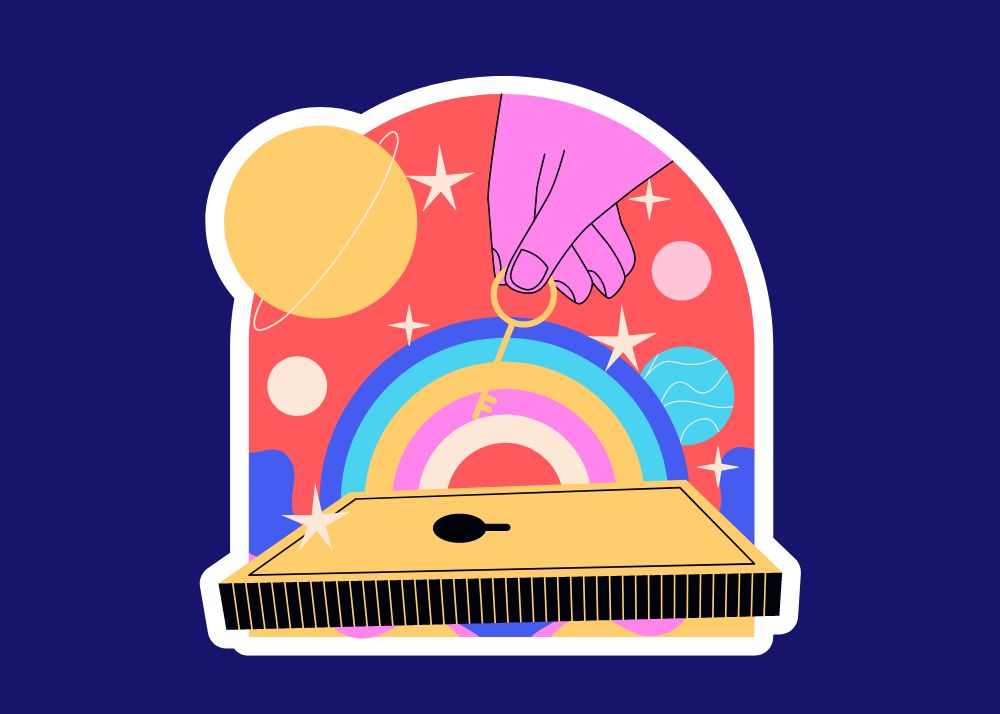 Student LifeUltimate Guide to High School InternshipsOctober 05
Student LifeUltimate Guide to High School InternshipsOctober 05 -
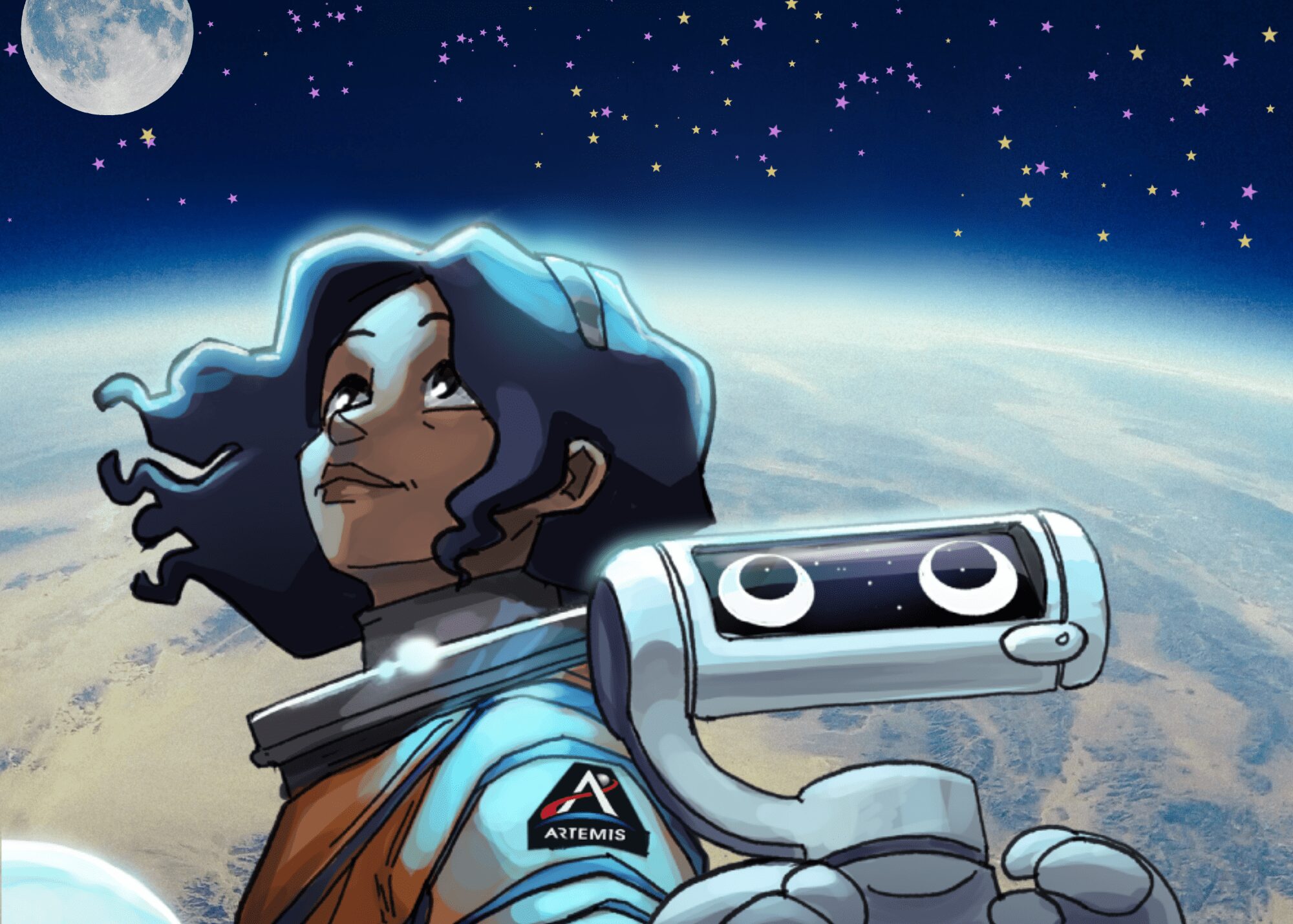 Info / InspirationIn NASA’s New Interactive Graphic Novel, a Latina is the “First Woman” on the Moon!September 11
Info / InspirationIn NASA’s New Interactive Graphic Novel, a Latina is the “First Woman” on the Moon!September 11 -
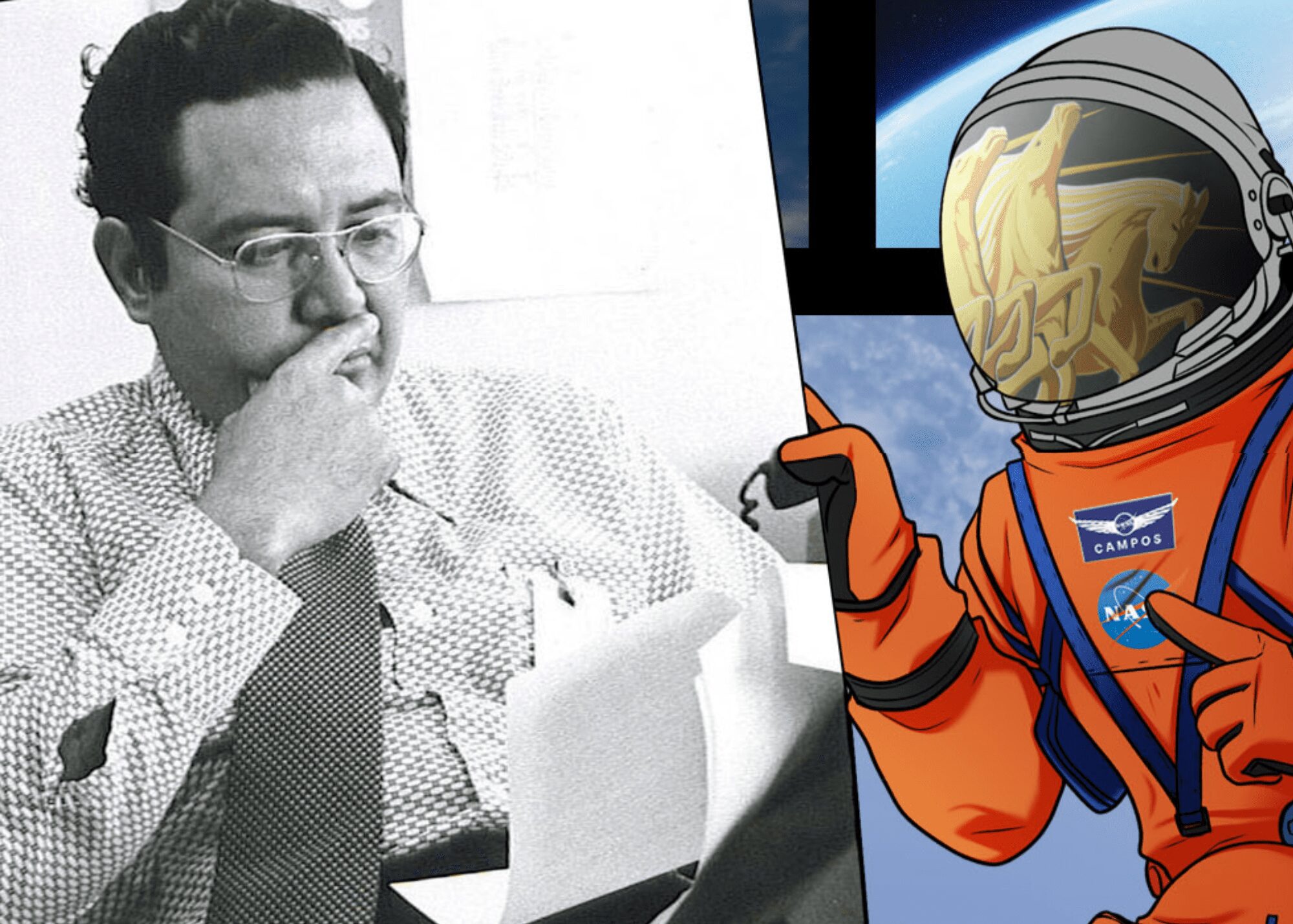 Info / InspirationNo Dummy!: NASA “Moonikin” Honors Hispanic EngineerSeptember 15
Info / InspirationNo Dummy!: NASA “Moonikin” Honors Hispanic EngineerSeptember 15 -
 CultureLatinos Are ¡Presente! on the National MallAugust 22
CultureLatinos Are ¡Presente! on the National MallAugust 22 -
 Info / InspirationVoto Para La Mujer Quarter is a Major “Change”!July 29
Info / InspirationVoto Para La Mujer Quarter is a Major “Change”!July 29
Most popular
-
 Student Life35 Top Science Competitions for High School StudentsJanuary 31
Student Life35 Top Science Competitions for High School StudentsJanuary 31 -
 Info / InspirationVoto Para La Mujer Quarter is a Major “Change”!July 29
Info / InspirationVoto Para La Mujer Quarter is a Major “Change”!July 29 -
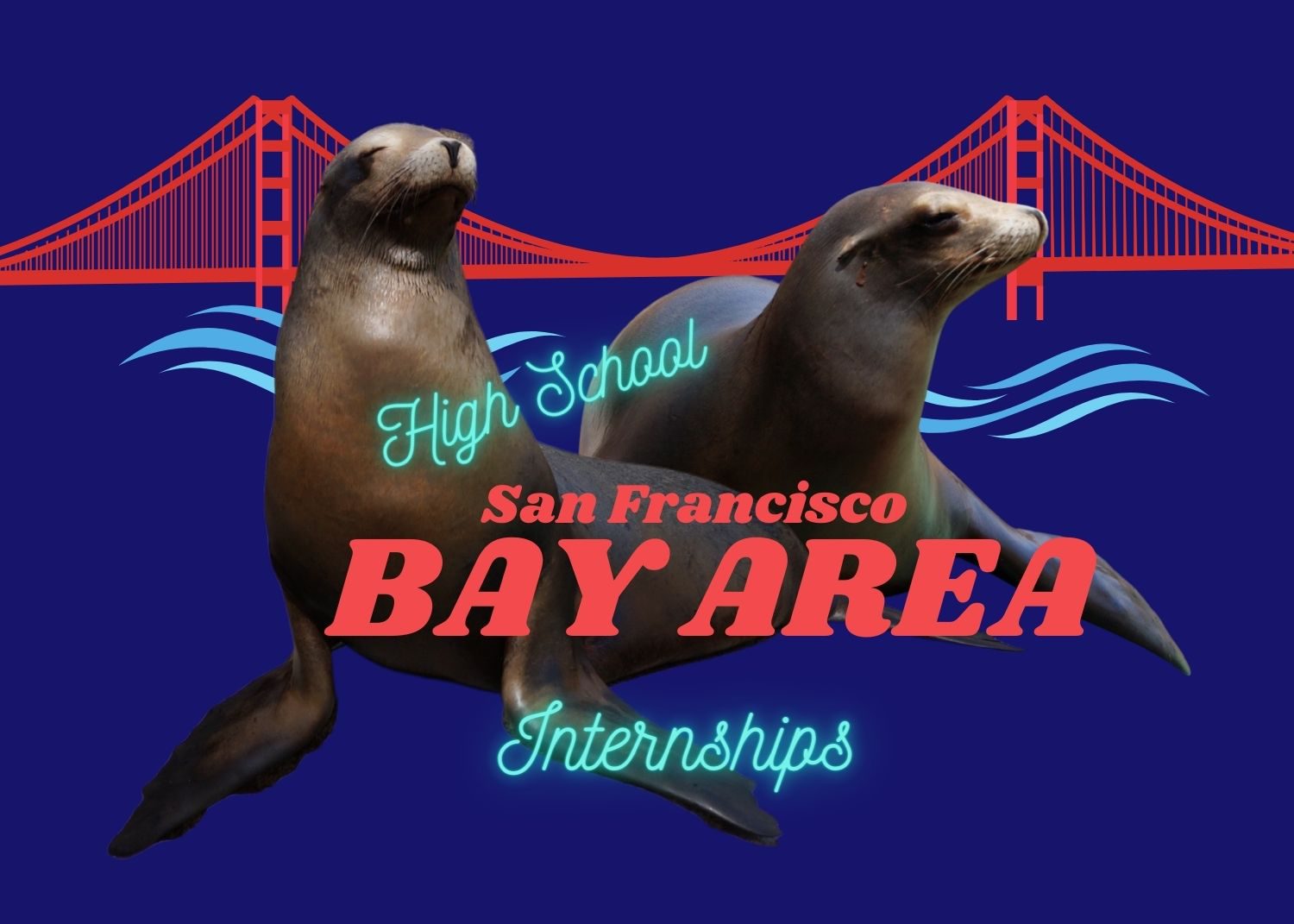 Student Life35+ High School Internships in the Bay AreaJanuary 22
Student Life35+ High School Internships in the Bay AreaJanuary 22 -
 Student Life90+ Best Writing Competitions for High School StudentsApril 13
Student Life90+ Best Writing Competitions for High School StudentsApril 13 -
 Student Life45+ Exciting Environmental Science Internships for High School StudentsOctober 18
Student Life45+ Exciting Environmental Science Internships for High School StudentsOctober 18

